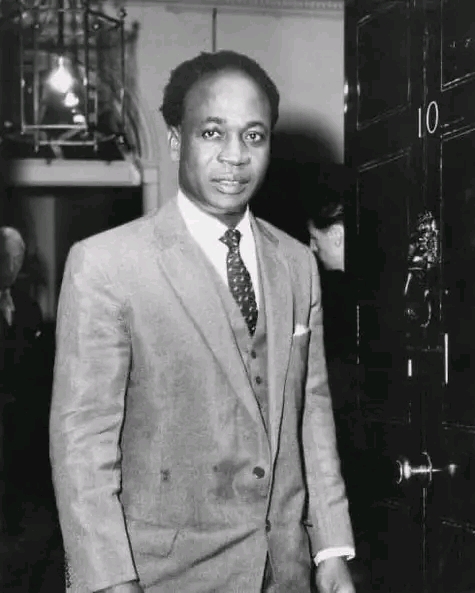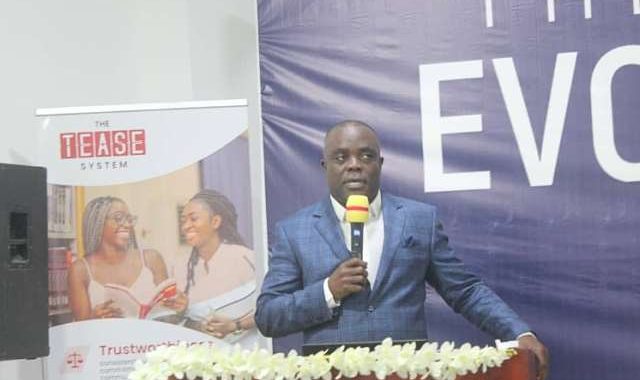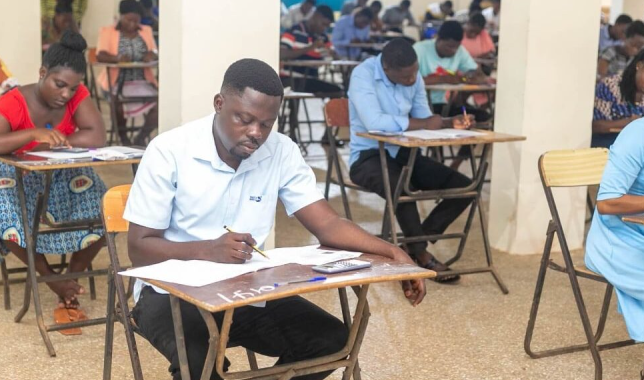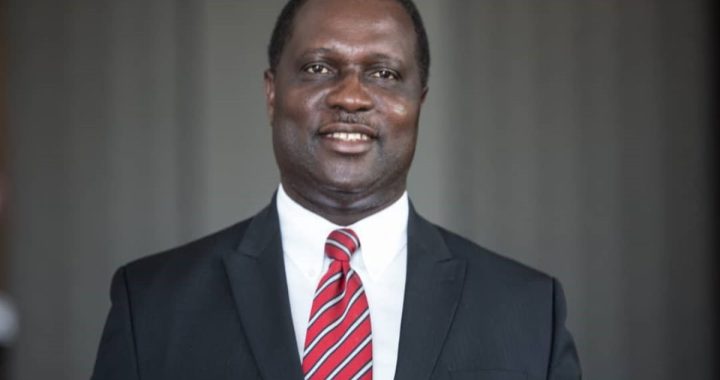PROFILE OF DR. KWAME NKRUMAH, HIS CONTRIBUTIONS TO GHANA AND HIS UNDEMOCRATIC POLICIES

THE GREAT LEADER OF GOLD COAST (GHANA)
Dr. Kwame Nkrumah was born on September 21, 1909, in Nkroful, Gold Coast (now Ghana). He attended the Achimota School and later studied at Lincoln University in Pennsylvania, where he earned a Bachelor of Arts degree in economics and sociology. Nkrumah then pursued further studies in theology at the University of Pennsylvania.
HIS CONTRIBUTIONS TO GHANA (GOLD COAST)…
In 1947, Nkrumah returned to the Gold Coast and became involved in nationalist politics. He joined the United Gold Coast Convention (UGCC), a political party that advocated for independence from British colonial rule. However, disagreements within the UGCC led to Nkrumah’s expulsion from the party, prompting him to form his own political organization, the Convention People’s Party (CPP), in 1949.
Under Nkrumah’s leadership, the CPP gained popularity and support from the masses. The party organized strikes, protests, and boycotts to demand independence from British colonial rule. Nkrumah’s charismatic leadership and powerful speeches resonated with Ghanaians, who saw him as a symbol of hope and liberation.
In 1951, the CPP won a majority of seats in the Legislative Assembly, and Nkrumah became the leader of government business. His government implemented various social and economic reforms, including labor rights, minimum wage laws, and social welfare programs. These policies aimed to improve the living conditions of ordinary Ghanaians and address social inequalities.
Nkrumah’s efforts culminated in Ghana’s independence on March 6, 1957. The country became the first sub-Saharan African nation to gain independence from colonial rule. Nkrumah declared Ghana a republic and assumed the position of Prime Minister.
As Prime Minister and later President, Nkrumah pursued an ambitious agenda for national development. He believed that socialism and central planning were necessary to achieve rapid industrialization and economic growth. Nkrumah’s government implemented the Seven-Year Development Plan, which aimed to transform Ghana into a modern, industrialized nation.
Under Nkrumah’s leadership, Ghana experienced significant infrastructure development. Roads, schools, hospitals, and factories were built across the country. Nkrumah also emphasized education and healthcare, introducing free primary education and establishing educational institutions and healthcare facilities.
UNDEMOCRATIC POLICIES BY HIM ….
However, Nkrumah’s regime became increasingly authoritarian over time. He consolidated power and suppressed political opposition, curbing civil liberties and freedom of the press. Nkrumah established a one-party state under the CPP, effectively eliminating any meaningful opposition. Dissent and criticism of the government were not tolerated, leading to a climate of fear and repression.
Nkrumah’s economic policies, which heavily relied on state control and central planning, resulted in economic decline and widespread corruption. The country faced severe economic challenges, including high inflation, food shortages, and a growing debt burden. Nkrumah’s ambitious development projects often proved unsustainable and financially burdensome for the country.
These undemocratic policies and economic hardships eventually led to a loss of popular support for Nkrumah’s government. In February 1966, while Nkrumah was on a state visit to China, a group of military officers led by General Emmanuel Kotoka staged a coup d’état and overthrew his government. Nkrumah went into exile and spent the rest of his life in Guinea, where he continued to advocate for pan-Africanism until his death in 1972.
Nkrumah’s legacy remains a subject of debate and interpretation. While he is celebrated for his role in Ghana’s independence and his pan-Africanist ideals, his undemocratic policies and economic mismanagement are also acknowledged as factors that contributed to his downfall.
Send Stories | Social Media | Disclaimer
Send Stories and Articles for publication to [email protected]
We Are Active On Social Media
WhatsApp Channel: JOIN HERE
2024 BECE and WASSCE Channel - JOIN HERE
Facebook: JOIN HERE
Telegram: JOIN HERE
Twitter: FOLLOW US HERE
Instagram: FOLLOW US HERE
Disclaimer:
The information contained in this post on Ghana Education News is for general information purposes only. While we endeavour to keep the information up to date and correct, we make no representations or warranties of any kind, express or implied, about the completeness, accuracy, reliability, suitability or availability with respect to the website or the information, products, services, or related graphics contained on the post for any purpose.




 Dominion University College launches TEASE Evolution initiative
Dominion University College launches TEASE Evolution initiative  Teen earns doctoral degree at 17 after defending her dissertation
Teen earns doctoral degree at 17 after defending her dissertation  TTAG petitions NTC over 2024 GTLE results due to GES recruitment
TTAG petitions NTC over 2024 GTLE results due to GES recruitment  Government to Affiliate new Schools With Best Ones to Boost Education Standards
Government to Affiliate new Schools With Best Ones to Boost Education Standards